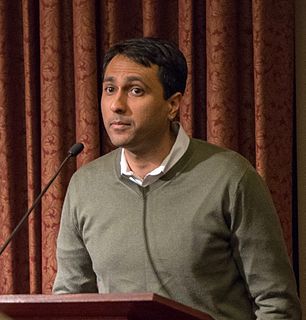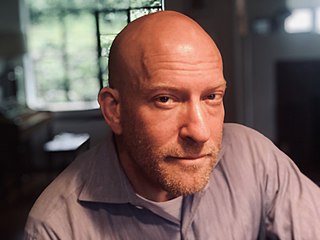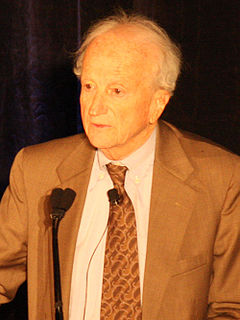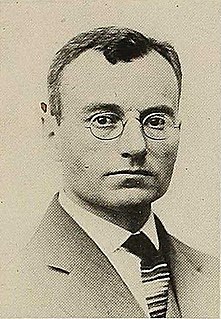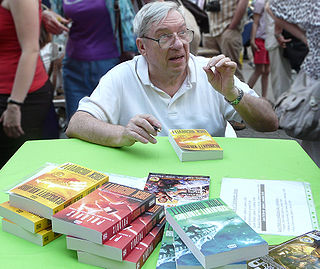A Quote by Patricia Hill Collins
Despite long-standing claims by elites that Blacks, women, Latinos, and other similarly derogated groups in the United States remain incapable of producing the type of interpretive, analytical thought that is labeled theory in the West, powerful knowledges of resistance that toppled former social structures of social inequality repudiate this view. Members of these groups do in fact theorize, and our critical social theory has been central to our political empowerment and search for justice.
Quote Topics
Analytical
Been
Blacks
Central
Claims
Critical
Despite
Elites
Empowerment
Fact
Former
Groups
In Fact
Incapable
Inequality
Interpretive
Justice
Labeled
Latinos
Long
Members
Other
Our
Political
Powerful
Producing
Remain
Resistance
Search
Similarly
Social
Social Inequality
Social Structure
Social Theory
Standing
States
Structures
Theory
Thought
Type
United
United States
View
West
Women
Related Quotes
In the States, there has been, compared to the Sixties and Seventies, a huge retrenchment - not just in poetry - into the personal. A withdrawal from thinking in terms of social and collective values, needs and solutions. The consciousness-raising groups of the women's movement, for instance, becoming "support-groups" or therapy groups.
I'm more attuned than ever to the proliferation of groups that are working for justice and equality. They're all over the country. We want the people who watch "A House Divided" and other stories in our America Divided series to realize that there are structures that reinforce inequality and inequity, and that our job as good people is to work together to dismantle those structures. We're hoping that viewers will see what they have in common with other Americans, have empathy and become more united.
Political philosophy is realistically utopian when it extends what are ordinarily thought to be the limits of practicable political possibility and, in so doing, reconciles us to our political and social condition. Our hope for the future of our society rests on the belief that the social world allows a reasonably just Society of Peoples.
The logic of all this seems to be that it is all right for young people in a democracy to learn about any civilization or social theory that is not dangerous, but that they should remain entirely ignorant of any civilization or social theory that might be dangerous on the ground that what you don't know can't hurt you ... a complete denial of the democratic principle that the general diffusion of knowledge and learning through the community is essential to the preservation of free government.
The theory of social contracts extends as far back as Plato. However, it was the great 18th century social philosophers John Locke, Thomas Hobbes, and Jean-Jacques Rousseau who brought the concept of a social contract between citizens and governments sharply into political thinking, paving the way for popular democracy and constitutional republicanism.
Social media has allowed groups, such as ISIL, to use the Internet to spot and assess potential recruits. With the widespread horizontal distribution of social media, terrorists can identify vulnerable individuals of all ages in the United States - spot, assess, recruit, and radicalize - either to travel or to conduct a homeland attack.
An optimist is somebody who thinks our various political and social systems, schools and churches, support groups and Boy Scout troops, jury trials and congressional committees, are on the up-and-up. That they are intended for the benefit of the members. The reality is that they are designed to keep everyone in line.



